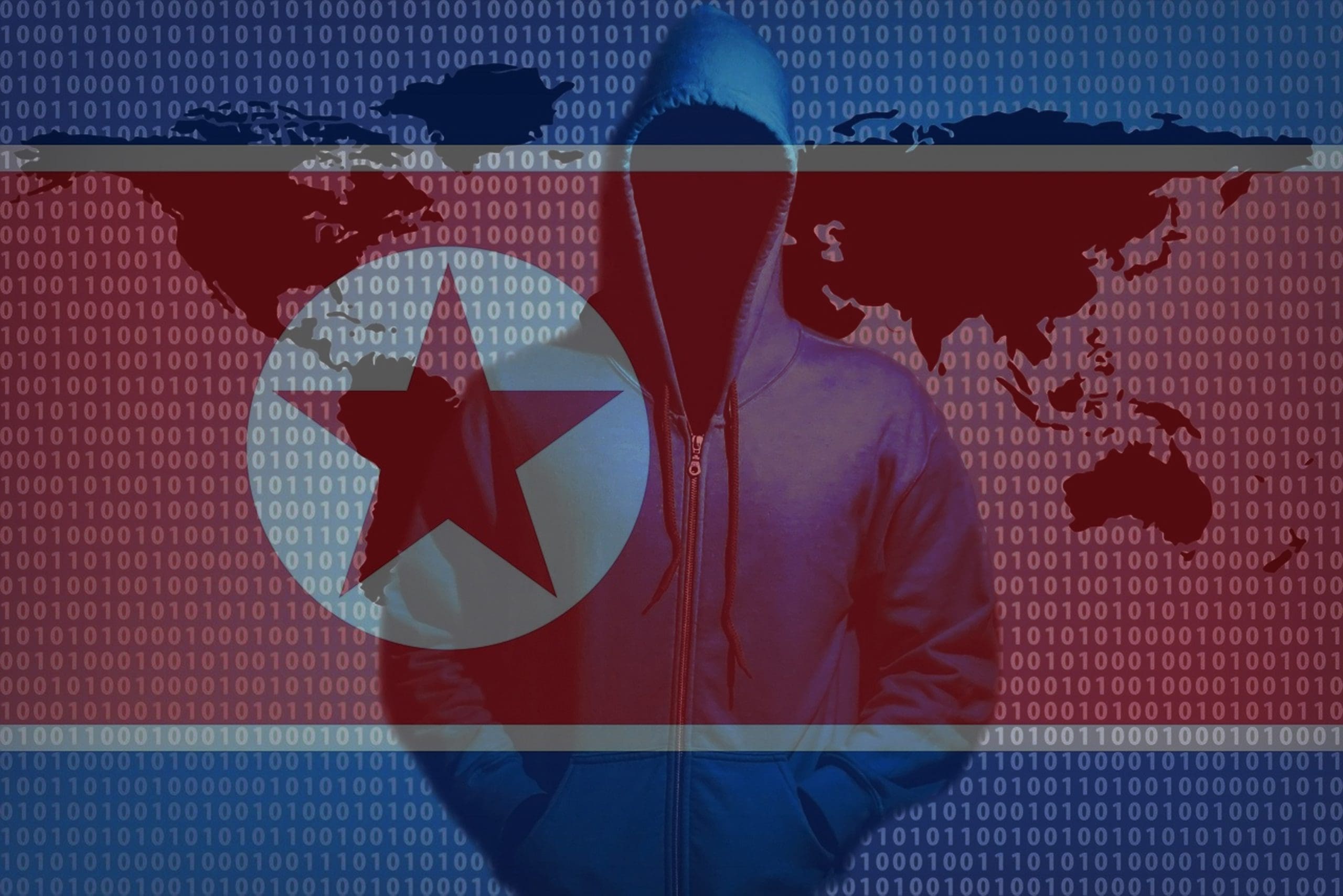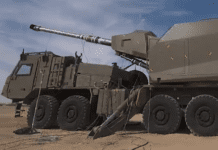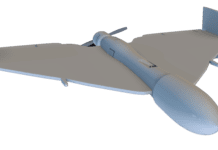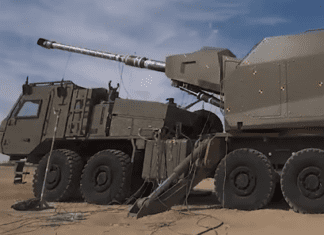This post is also available in:
 עברית (Hebrew)
עברית (Hebrew)
North Korean hackers have stolen vital microchip information from South Korean chip makers, according to reports from South Korea’s National Intelligence Service (NIS).
“We believe that North Korea might be preparing to produce its semiconductors in the face of difficulties in procuring them due to sanctions,” said NIS in a statement, adding that North Korea may have stolen designs and photographs of chip equipment from two companies in a possible effort to obtain chips for their weapons programs.
According to Interesting Engineering, the servers of the two companies were breached in December and February, and the NIS believes the stolen information may have been used to develop satellites and missiles. The spy agency also warned companies in the chip-making industry to take precautions against cyberattacks but did not disclose the names of the affected firms.
North Korean hackers have been targeting South Korean companies since late last year with a technique called “living off the land,” which involves using legitimate tools already installed in the servers rather than creating new malicious codes. This method makes it harder for security software to detect their activities.
Seoul has also previously accused North Korean hackers of stealing large sums of money (mainly in cryptocurrency) to finance the regime’s nuclear weapons program. Nevertheless, Pyongyang has always denied involvement in cybercrime.
North Korea has been accused of many other serious data breaches and cryptocurrency heists, with the BBC reporting that North Korean hackers managed to walk away with $3 billion in cryptocurrency and other assets back in 2016.
In fact, just in 2023, notorious North Korean hacker groups “Kimsuky” and “Lazarus” have been accused of stealing $1 billion in crypto alone. It is believed that these cryptocurrency heists have been used to help fund North Korea’s growing missile research and development.


























